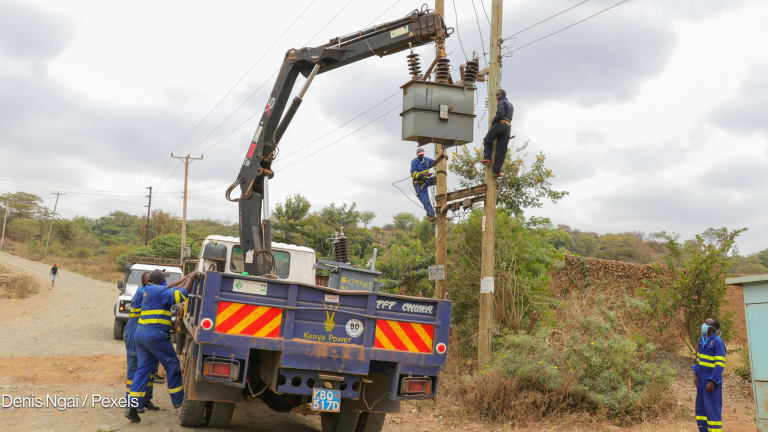Another reorganization of the World Bank will be time wasted and set the institution on a path to irrelevance — instead, the new president, likely U.S. nominee Ajay Banga, can get it right by ensuring the bank leads other development finance institutions by example on ideas and transparency around impact.
What happens at the World Bank when the new president takes over matters for the world’s poorest communities and for the struggle against climate change. Yet the bank has been in hot water after outgoing President David Malpass’ climate gaffe, and recent calls have been for the World Bank to do more on climate issues.
Given this, many have pressed the bank to increase its lending capability. Yet the erosion of the bank’s relevance is much more profound and also true for other multilateral and regional development banks. Shifting geopolitics are weakening the legitimacy of institutions like these, which are seen as Western-dominated. To regain its weight, the World Bank should not just lend more as many commentators have advocated, but ensure it does lead the pack on ideas and execute right.








